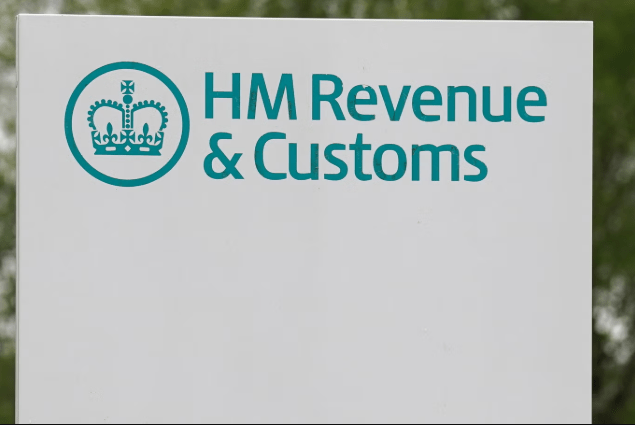Thousands of families across the UK have seen their child benefit payments wrongly suspended by HMRC after brief trips abroad sparking anger and confusion among parents.
In a move meant to tackle fraud, HMRC mistakenly targeted nearly 35,000 claimants after they travelled overseas, questioning their UK residency.
HMRC Child Benefit Error: Thousands Wrongly Penalised Over Travel
A Guardian investigation found that the tax authority issued letters to these families, flagging concerns about their eligibility even when the travel lasted just days.
Parents affected include those who made short trips abroad for bereavement, holidays or family emergencies.
One mother travelled to France for five days following the death of her husband, while another parent took his son on a short break to Italy. A family journeyed to Australia via Gatwick Airport only to have their child benefit halted.
Under existing rules, child benefit claimants can go abroad for up to eight weeks without their payments being impacted. This period can extend to 12 weeks for exceptional cases such as medical treatment or the death of a loved one.
Yet, despite staying well within these guidelines, tens of thousands of families were left stunned by HMRC’s heavy-handed approach.
“It does feel like you are being punished for going away,” said Cerys, a music teacher who flew to the Netherlands with her three children for just one day. They left Liverpool’s John Lennon Airport at 6am and returned that same night.
“Child benefit are now saying that there is no evidence of me returning with my family so I need to produce a ridiculous amount of evidence to prove that I have not been living in Amsterdam since February.”
Cerys initially dismissed the HMRC letter as a scam. But when it turned out to be genuine, she was asked to submit original bank statements, letters from her children’s former and current schools, and even GP records.
Despite having Universal Credit documents proving her UK residency, these were not accepted—since the Department for Work and Pensions (DWP) handles Universal Credit, and HMRC had not cross-referenced the data.
HMRC Admits Mistake, Launches Review
HMRC has now issued a formal apology, confirming that just 0.5% of the 6.9 million child benefit claimants were affected—but this still translates to almost 35,000 families.
“While this affects a very small number of child benefit claimants, we are very sorry to those whose payments have been suspended incorrectly.
They should respond to us as soon as possible so we can check their case, reinstate payments, and ensure no one is left out of pocket,” HMRC said.
The department says it has “already taken swift action” to improve its processes, such as checking employment records before suspending payments. It is also “urgently reviewing the current process and actively considering options.”
Child Benefit in the UK
| Category | Amount per Week |
|---|---|
| Eldest or only child | £26.05 |
| Additional children | £17.25 per child |
- Not affected by the two-child benefit cap (unlike Universal Credit).
- Can be retained for up to 8 weeks during travel abroad.
- Up to 12 weeks allowed for exceptional circumstances.
Where It Went Wrong
The situation appears to have been triggered by automated fraud checks that flagged overseas travel. But with no clear system to verify short trips or cross-reference data with the DWP, many legitimate families were caught in the net.
Parents now face the burden of proving they’ve not relocated despite having lived, worked, and schooled their children in the UK throughout.
For many, it’s not just the money but the stress and stigma of being wrongly accused.
While HMRC insists most suspensions were correct, the scale of errors has drawn widespread criticism. Families now await restored payments, and answers to how such a blunder was allowed to happen in the first place.
With Christmas approaching, and the cost-of-living crisis biting harder than ever, even a temporary loss of child benefit could cause real hardship.
For many parents, trust in the system has been shaken and they’ll be watching closely to see if HMRC truly learns from this costly mistake.






